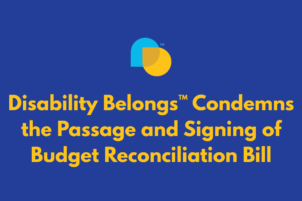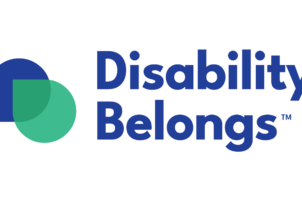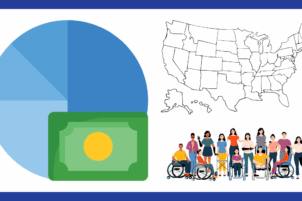Washington, DC, November 2 – National Disability Employment Awareness Month just wrapped up, but the work to get more people with disabilities into the workforce continues. Below, we are spotlighting recently passed legislation empowering workers with disabilities across the United States.
Gov. Newsom of California signed SB-951, AB-1041, AB-152, which have a combination of priorities that overlap to create room for Californians with disabilities. The new laws boost benefits for lower and middle-income Californians. They extend wage rates for family and disability leave for workers earning less than average wages, allowing them to make up to 90 percent of their salary. The laws also allow employees to pay sick or family leave to care for a designated family member, and extend COVID-19 supplemental sick leave through the end of 2022.
Gov. Inslee of Washington signed SB-5970, which will go towards establishing, developing, and maintaining community rehabilitation programs and independent living centers. The law will help creates a school-to-work pipeline for individuals with intellectual and developmental disabilities that receive adult services—enabling them to pursue transitional employment opportunities.
Gov. Brown of Oregon signed SB-1545, which provides underserved Oregonians training and resources to obtain a target wage of $17+ an hour, including career coaching, occupational training, and job placement services. The program will also provide paid work experience, including stipends, wages, and other supports, in addition to targeted recruitment and engagement efforts. In addition, goals created to reduce the education gap for people with disabilities will allow institutions to give credit for prior learning and allow a person with a disability to navigate the higher education system more efficiently.
Gov. Little of Idaho signed SB-1399, which moved Idaho’s Extended Employment Services Program from the Division of Vocational Rehabilitation to the Division of Health & Welfare (DHW). As a result, the program’s current funding, $3.51 million, and full-time staff members are transferring from the Division of Vocational Rehabilitation to the DHW. Amendments to the legislation further clarified the administrative processes of the program, which will make it easier for disabled individuals to navigate their services.
Gov. Ducey of Arizona signed HB-2031, requiring Arizona’s public community colleges and universities to “adopt policies that are transparent and explicit about the process by which [they determine] eligibility for accommodations for an individual with a disability, and that makes any of a list of specified documents sufficient to establish that an individual is an individual with a disability.” This law is a step in removing barriers for disabled students, especially those who lack the financial resources and/or support system that would enable them to receive specific testing and documentation. Higher education is intrinsically linked with employment outcomes, so strengthening accessibility in colleges and universities is a step toward increasing disability employment.
Gov. Lujan-Grisham of New Mexico signed SB-2, which sets aside $18 million to clear the state’s backlog for the Developmental Disability (DD) Waiver list via the Developmental Disability Support Program. This money comes from leftover federal funds for handling the COVID-19 pandemic under the American Rescue Plan Act of 2021. The Developmental Disability Support Program is supposed to allow disabled New Mexico residents to get the supports they need to live and thrive in their communities.
Gov. Murphy of New Jersey Signed SB-511, a “temporary worker’s bill of rights” that will impact the most affected populations in vulnerable employment, including people with disabilities. At least 127,000 individuals work for temporary help service firms. The law aims to provide low-wage gig workers access to affordable health care and other labor protections.
Workers with disabilities can work and want to work. However, we must push policymakers to create an inclusive environment for workers with disabilities to thrive and reach their full potential. Laws like these will extend opportunities and encourage more people with disabilities to join the workforce. If you want to share new legislation from your state, please reach out to us and we might present it in a future newsletter.







